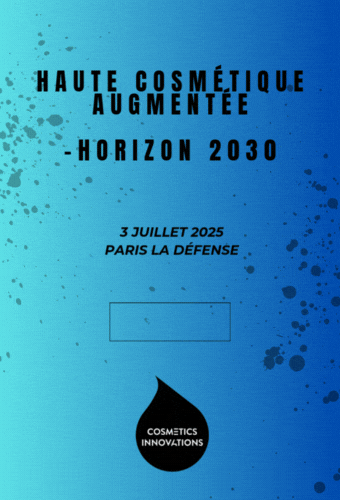New CO2 reduction targets

Shiseido considers the reduction of its CO2 emissions worldwide as part of its “basic environmental activities”. Concerning its production sites in Japan, the cosmetics maker claims to have reached its initial goal for 2010, that is to say a 15% reduction compared to 1990. In the USA, thanks to the use of solar panels at its production unit, the company’s original target to reduce emissions by 10% versus the 2007 level has been dramatically surpassed as the reduction reached more than 20%. [1]
Starting from the current fiscal year, new targets have been established for both production and non-production sites in Japan and abroad.
Towards greener products
In addition to the reduction of CO2 emissions, Shiseido wants to improve the sustainability of its products throughout their entire life cycle, from research and development and the supply of raw materials to their use and final disposal by consumers.
To that end, the company will promote the use of plant-based containers and bagasse paper [2], and will encourage recycling activities.
Thus, efforts to develop and expand the use of eco-friendly containers within the group will start with the shift to sugarcane-based polyethylene containers for shampoo, body care and other products. In 2008, Shiseido concluded a joint development agreement with Braskem S.A., a Brazilian chemical manufacturer, and Japan’s Toyota Tsusho Corporation, with the aim to secure its supply in sugarcane-based polyethylene cosmetic containers.
In order to inform consumers about the company’s commitment, products using plant-based plastic containers will be labelled with the “Shiseido Earth Care Project” logo. Similarly, products whose containers comprise more than 20% (ratio by weight) of plant-based plastics will be labelled with the Shiseido’s “Plant-Based Plastic Container” mark.
The switch to bagasse paper is planned to start in 2012, on the Japanese market for new cosmetic product developments and product renewal requiring paper.
Eventually, the use of refills should concern all the company’s foundations [3], face powders and jumbo size shampoos and conditioners, as well as more than 70% of skincare products by 2020.



































